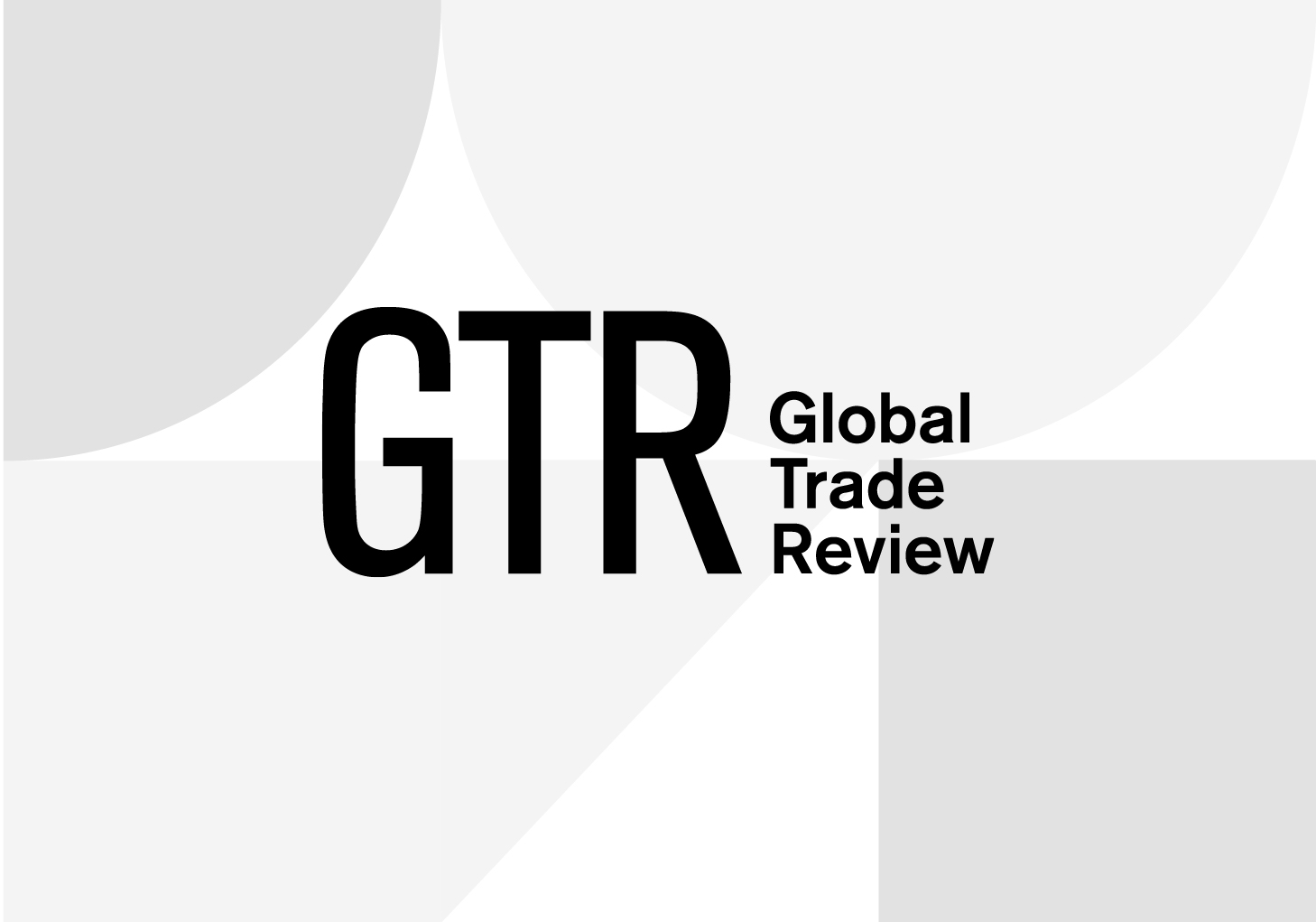A year after calling for improvement of the political and economic situation in Uzbekistan, the EBRD has concluded that there has been very limited progress and the bank is no longer able to conduct business as usual. The bank will stay engaged in Uzbekistan, but it can only focus its activities on the private sector and those public sector projects that finance cross-border activities or clearly benefit the Uzbek people.
The 2003 EBRD strategy for Uzbekistan expressed serious concerns about the state of genuine multi-party democracy, respect for the rule of law and human rights in Uzbekistan. The strategy set seven benchmarks for reform and scheduled a review of progress for the spring of 2004.
Over the past year, the EBRD and the Uzbek government have been engaged in extensive policy dialogue including through visits by Secretary-General Johnny Ükerholm and a mission by the board of directors. The bank is constantly monitoring developments in Uzbekistan, including the deeply regrettable recent terrorist acts.
While the Uzbek authorities have taken some steps, the review concludes that the overall impact of reform efforts and the progress towards the benchmarks have been very limited.
Therefore, EBRD investments will focus on private sector activities such as supporting small and medium-sized enterprises and attracting foreign direct investment. The review acknowledges that opportunities for private sector investment will depend on improvement in the investment climate. The bank pays special attention to transparency and governance aspects of any investments.
In the public sector, under present circumstances, the EBRD is able to focus on only two kinds of projects: local projects that have real and direct benefits for the Uzbek people, such as improved water and heating; and projects that involve neighbouring countries. Regional cooperation is critical for the countries of Central Asia.
The review says that it is important to stay engaged in Uzbekistan, albeit in a more focused programme of activity, because this is the best way for the EBRD to support the people of Uzbekistan. Through continued comprehensive dialogue and engagement, the bank hopes to encourage Uzbekistan to make further progress towards political and economic reform and eventually realise its considerable potential for investment and growth.
The review has the following observations about political benchmarks:
Key observations regarding the four economic benchmarks:
The EBRD will continue to monitor developments in Uzbekistan in relation to the strategy benchmarks. A new strategy for Uzbekistan is scheduled for the spring of 2005.
The EBRD, which has invested €527mn in Uzbekistan, has had a lower level of commitments in recent years as a result of the country’s unfavourable investment climate. Business volume in 2003 was €26mn.







